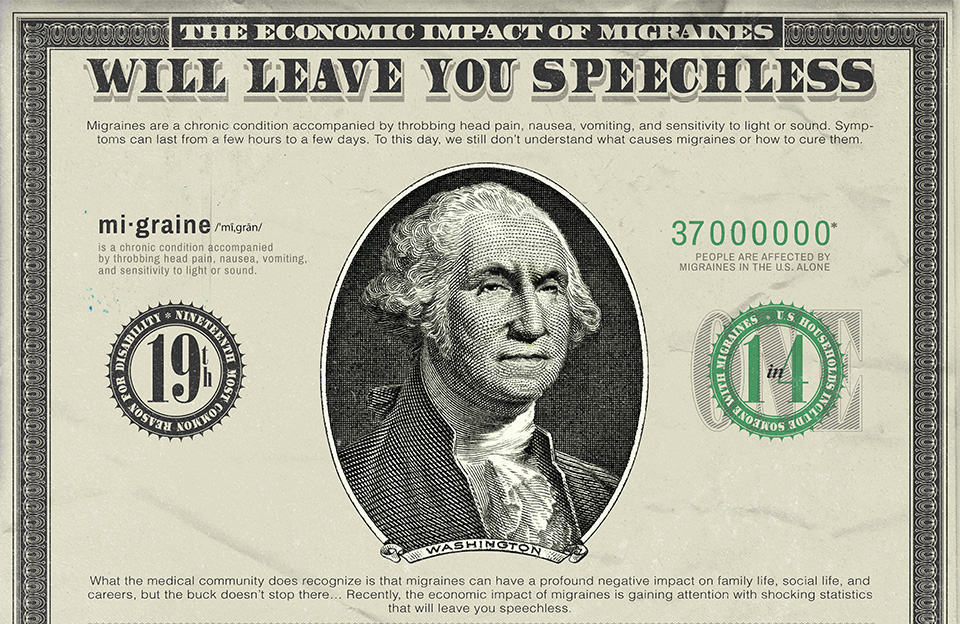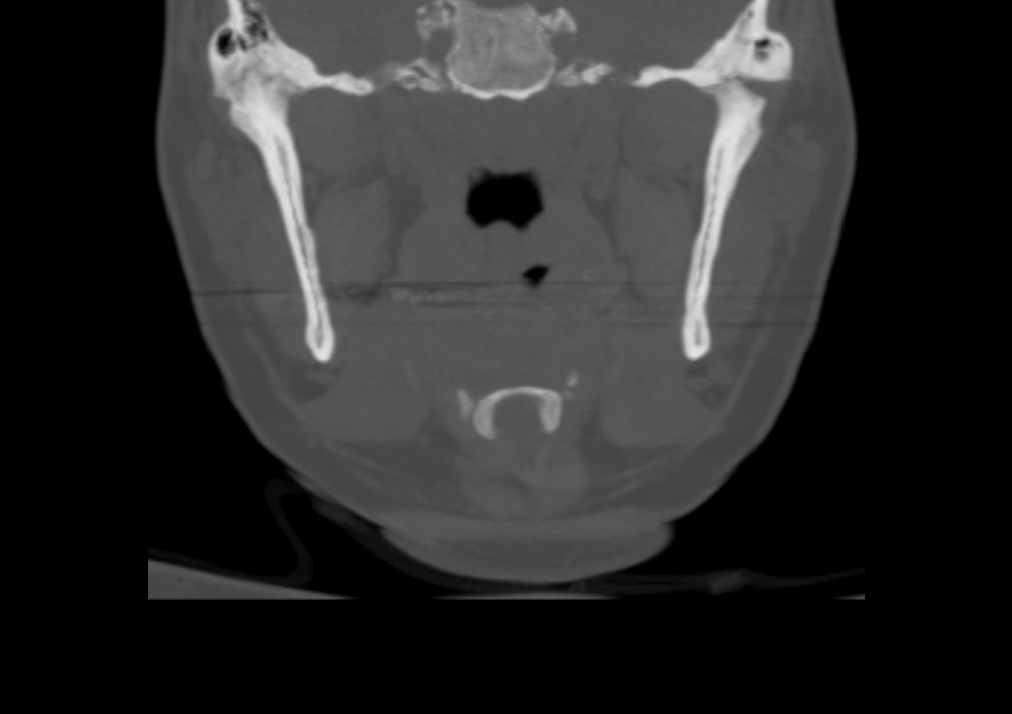When you see the enemy on the horizon, you have two choices: run, or stand and face it. But when the enemy is a basilar migraine, there’s really only one thing to do: stand and face it like a woman.
Wonder Woman.
There’s a scene in the movie where Diana is in disguise. She’s wearing a big dark cloak, her hair is covered with a hood, and she’s not wearing her tiara. She’s walking with Steve through the middle of the some WWI trenches as he tells her they can’t get past this point. This battalion has been fighting for a year and haven’t gained an inch and there’s nothing they can do. And by the way, they aren’t here to save everyone anyway. (He’s very goal-oriented, that Steve.)
But Diana—Wonder Woman—is like, That is so weak sauce, Steve. Watch this. And she liberates that whole little town.
Sound familiar? It doesn’t? Because you feel like you’re the one who just got annihilated by Wonder Woman
Well, you have been tackled. Migraines are no joke. They’re a whole body horror and man, sometimes it feels like getting tackled to the ground would be a relief. And though it seemed like you couldn’t possibly endure, you did. You’ve done it again and again.
That alone doesn’t make you Wonder Woman. She threw herself into battle and we’re still trying to get our insurance to approve Botox for migraines, right?
But that you’ve endured so many brutal migraines, and that you’ve stared down so many basilar migraines with their dizziness and blurred vision, means you’ve got the chops to be. It won’t be long before you’re able to not only face migraines, but do face them with grace, strength, and power.
To do that, we have to start by reframing your experience.
Part I. Reframing Migraines: From Menace to Nuisance
Menace
You know better than anyone the painful, debilitating, excruciating experience of a migraine. They’re neurological, mysterious and no amount of reframing is going to make them a pleasant experience. Which is good, because that is not the point.
The point is: most of our feelings don’t originate in the brain. The brain is an interpreting center. It pulls information from our nerves, interprets them, then issues a response. It takes sound waves and turns them into music. It takes light and turns them into beautiful vistas.
We think that we smile because we’re happy. But sometimes, we’re happy because we smile. And sometimes we’re angry because our heart starts racing and our stomach clenches, so we prepare to fight. (Radiolab devoted a fascinating hour to this a few years ago.) We think that we can’t control our feelings or emotions, but in fact, the relationship is a little complicated, and you probably have more control than you think.
So, what happens when we’re in pain?
Pain is experienced in two ways. First, there’s the physical pain of the experience. Your brain both issues and responds to that. Pain is your nervous system’s alarm bells telling you (your brain) that something needs fixing. Not everyone gets basilar migraines, but you can think of them as a sort of warning system, like a tornado siren.
The second is much more complex and interesting. Pain is also psychological. You know this if you’ve ever seen a baby take a nasty bump and look to you before deciding whether to cry. You also know this if you’ve ever woken up feeling terrible and, instead of nursing yourself back to health with a day in bed, you go to work and feel fine by lunch.
The psychological/emotional pain makes the physical experience of pain much worse.
You can see it here, in one of YouTube’s first great viral sensations Charlie Bit My Finger. It’s clear that Charlie bit His finger and He was upset by it. Doesn’t he look ready to cry (at :30)?
And then he sees the TV. For a moment, he forgets the pain entirely.
He didn’t make up the pain. It wasn’t in his head. But the degree of pain he was in was impacted by his mental state. When it first happened, he was very upset. The shock of the bite probably contributed to his dismay. Then, suddenly, it didn’t seem to bother him at all (though surely it was still there). Finally, he smiled about it.
He smiled! And then gave his brother a good scolding.
Nuisance
Reframing migraines means asserting control over the psychological portion of that pain. It means that you’re going cast off your security blanket, put on your Wonder Woman Tiara, and get out there on that battlefield.
It means that you’re going to experience pain without identifying with it.
Because you’ve done it before and you can do it again. Only this time, you’ve got your tiara and bullet-deflecting shield on, and you’re coming from a place of power.
Your new mantra is: my migraine is just a pain.
Three Tips for Framing
1. Change your self-talk. When you respond to your feelings of pain with, Ow I’m in so much pain I can’t do this oh my God owowow, then you have just entered a terrible and vicious cycle that will prolong and exacerbate your migraine. The basilar migraine sounded the first alarm bells. The migraine sounded the second. You started feeling it and set off the third round. Now you’ve got 2-3 sets of pain bells going off in your body (!), and no fire department to rescue you. That’s a whole lot of pain happening.
But, instead of focusing on the pain and alarm bells, try reminding yourself, I’ve already done this. Or, I’ve survived this a million times before and it sucks and I’ll be okay anyway.
I have a pain in my leg and blurred vision. But I am alive.
I am (still) breathing.
I can see.
I can feel my heart beat.
Last week we suggested focusing deeply on the pain itself. Now, try focusing on the things outside your pain. Change the way you talk about pain and you change the way you experience the pain.
2. Distract yourself. Like the boy in the video, get your mind off the pain.
-The natural rhythms in your body are very soothing. If you can, focus on your heart beat or your breathing. Or, lie in a bath and focus on the feel of the water.
-Get a white noise machine and turn it on. Listen for patterns in the static.
-Recite everything you have memorized. Most people have, tucked way back in their brains, rhymes, poems, and songs from childhood. The rhythm of the verses and the exercise of retrieving them can do wonders for keeping a bored brain occupied. (Pain is a go-to distraction for the brain, so keep it as busy as you can.)
3. (For the Harry Potter fans) Practice occlumency.
Remember when Harry has to do private lessons with Snape to close his mind off to Lord Voldemort?
He was never able to do it until he had something to focus on that was stronger than the pain.
His scar burned, but he was master of the pain; he felt it, yet was apart from it. He had learned control at last, learned to shut his mind to Voldemort, the very thing Dumbledore had wanted him to learn from Snape. Just as Voldemort had not been able to possess Harry while Harry was consumed with grief for Sirius, so his thoughts could not penetrate Harry now, while he mourned Dobby. Grief, it seemed, drove Voldemort out…though Dumbledore, of course, would have said that it was love.
–Harry Potter and the Deathly Hallows
We hope for you that it’s not grief because that seems even more painful and awful than a migraine. We don’t want that for you.
Love, however, seems the perfect antidote.
-Let your friends and loved ones support you. Ask them for help.
-Surround yourself with pictures, wear a friend’s shirt or use gramma’s blanket
-Make a (mental) list of your top 20 memories with each person you care about
-Name 5 generous things you can do for every person in your life, especially your jerky old boss.
-Think of all the times you’ve been carried in your life. Think of the people who held you. Send each one a thought of gratitude.
You can’t stop migraines from attacking, but you sure as hell can keep them from destroying you. Your super power is resilience and persistent though those migraines can be, you have beat them every. single. time.
Part II. Tapping Into Your Superpower
Now that you know your strength, it’s time to prepare for battle. Next week: Tapping into your super power.
—-
Do you experience basilar migraines? What is your self-talk when you feel a migraine coming on?










